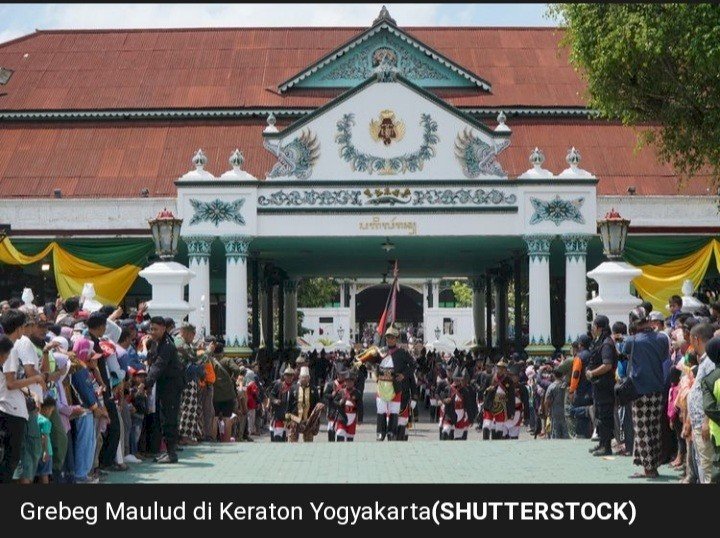The History of the Kingdom of Jogja
The Kingdom of Yogyakarta, often referred to as the Sultanate of Yogyakarta, holds a significant place in Indonesian history. Founded in the mid-18th century, the kingdom was born out of a political agreement following years of conflict in Central Java. After the decline of the once-powerful Mataram Sultanate, tensions between local rulers and the Dutch colonial power led to the division of the region. The Treaty of Giyanti, signed in 1755, formally established the Sultanate of Yogyakarta under Sultan Hamengkubuwono I, while another ruler governed the neighboring Surakarta Sunanate. This treaty became the foundation of Yogyakarta’s distinct royal identity.
Sultan Hamengkubuwono I played a central role in shaping the kingdom. He established the Kraton Yogyakarta, a magnificent palace that became the political, cultural, and spiritual heart of the new sultanate. The Kraton is not only a residence for the royal family but also a symbol of Javanese philosophy, architecture, and tradition. The palace was designed with deep cosmological meaning, representing harmony between the human world, nature, and the divine. Even today, the Kraton remains a living monument where rituals, ceremonies, and traditional arts continue to flourish.
Throughout its history, the Sultanate of Yogyakarta maintained a unique balance of power. While under the influence of Dutch colonial rule, the kingdom preserved much of its autonomy and cultural heritage. Unlike many other regions in Indonesia, Yogyakarta was able to retain its royal institutions and traditions. The sultan held not only political power but also religious and cultural authority, serving as a guardian of Javanese values and identity.
During Indonesia’s struggle for independence in the mid-20th century, Yogyakarta played a crucial role. Sultan Hamengkubuwono IX became a national hero by supporting the independence movement and providing Yogyakarta as the temporary capital of Indonesia from 1946 to 1949. His leadership and generosity earned the kingdom a special place in the heart of the Indonesian people. As a result, Yogyakarta was later granted the status of a Special Region (Daerah Istimewa Yogyakarta), allowing it to preserve its monarchy within the framework of the modern republic.
Today, the Sultanate of Yogyakarta continues to exist as a cultural and political institution. The current sultan, Sri Sultan Hamengkubuwono X, not only leads the royal family but also serves as the Governor of Yogyakarta. This dual role reflects the enduring relevance of the monarchy in modern society. Visitors to the region can still witness the grandeur of the Kraton, the elegance of traditional ceremonies, and the richness of Javanese performing arts that are preserved and celebrated under royal patronage.
The history of the Kingdom of Yogyakarta is a story of resilience, adaptation, and cultural pride. From its founding in the 18th century to its role in shaping Indonesia’s independence and identity, the sultanate remains a vital symbol of heritage and continuity in the heart of Java.
